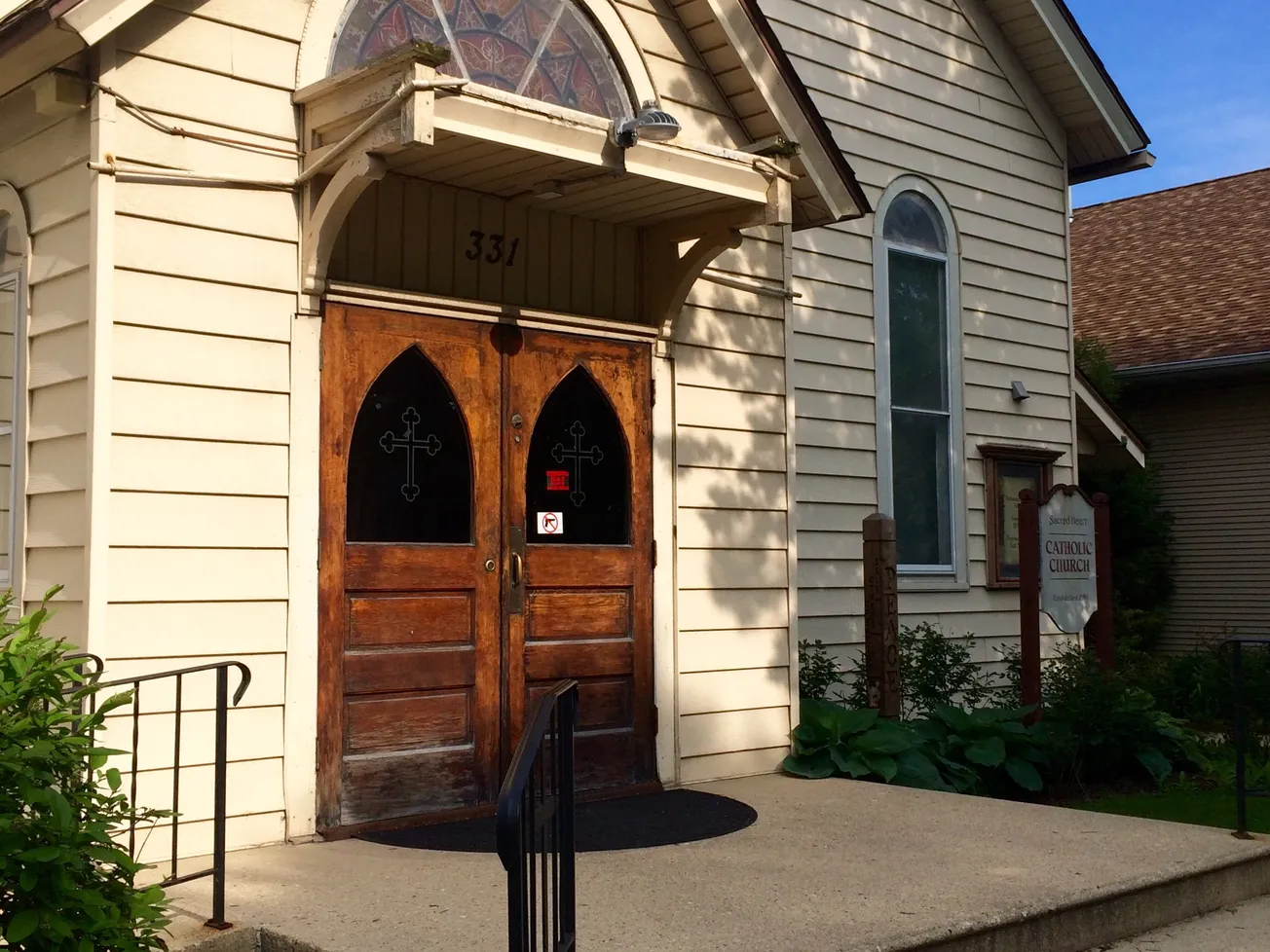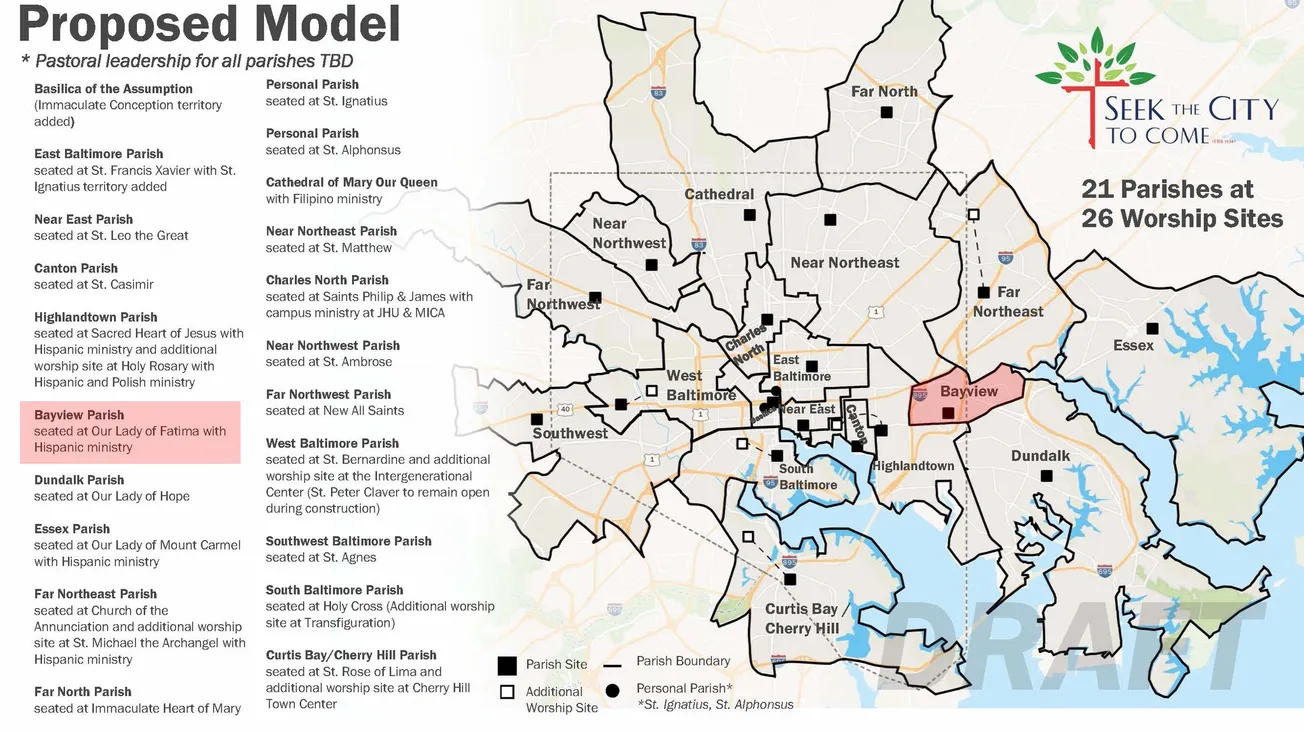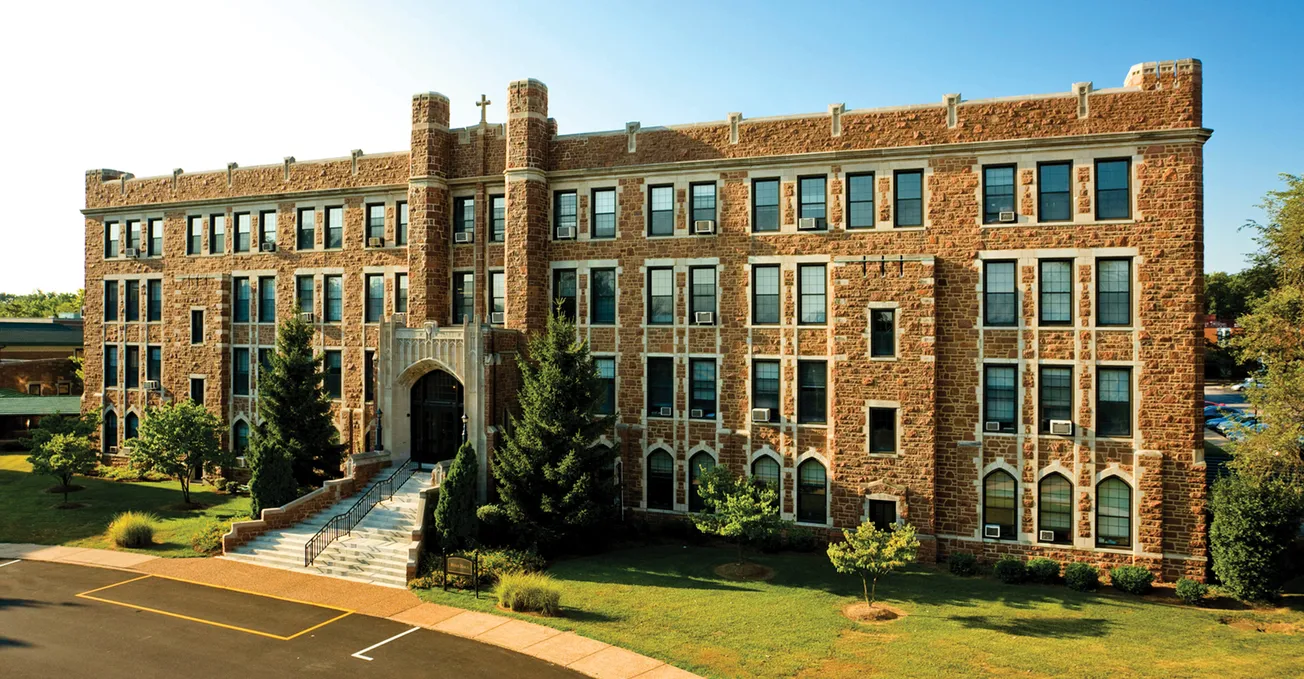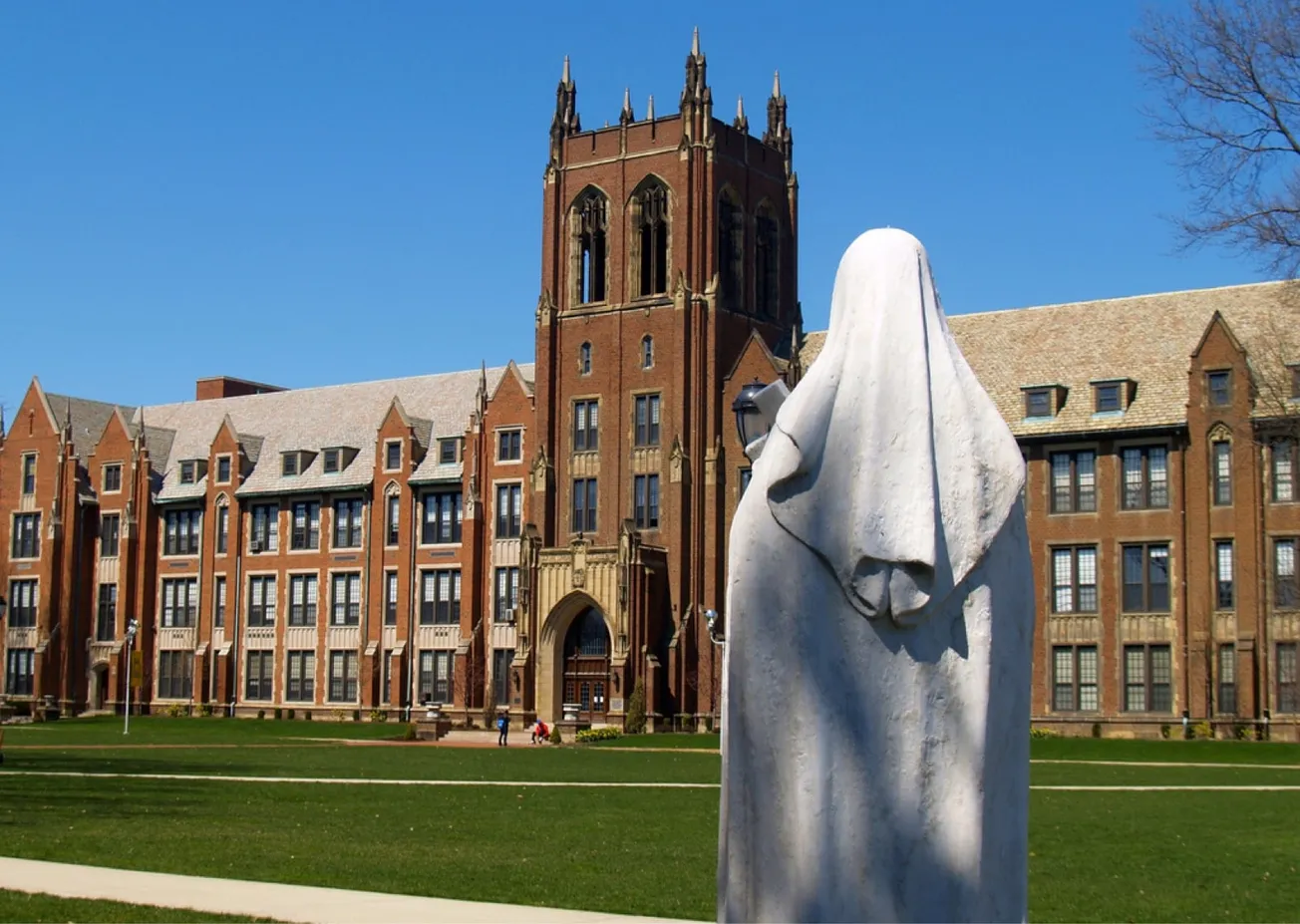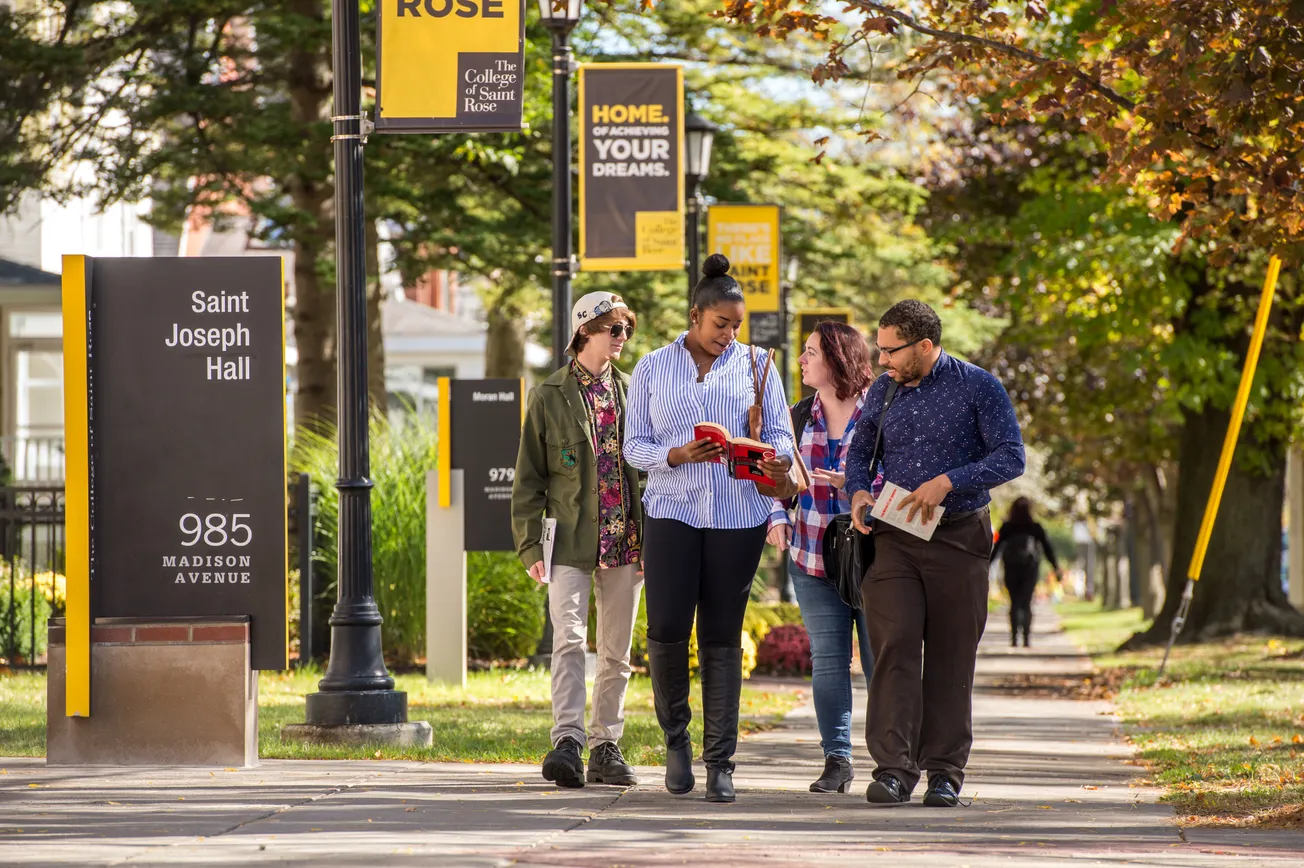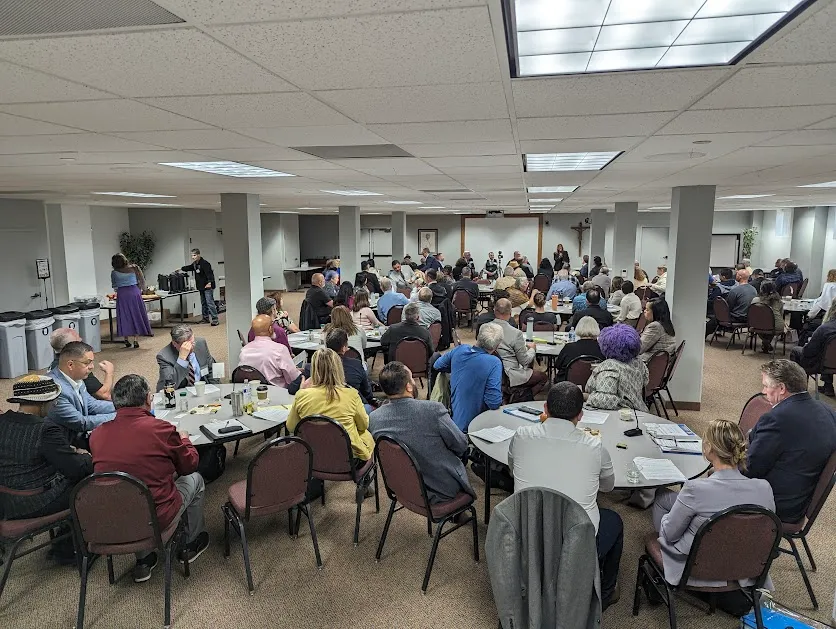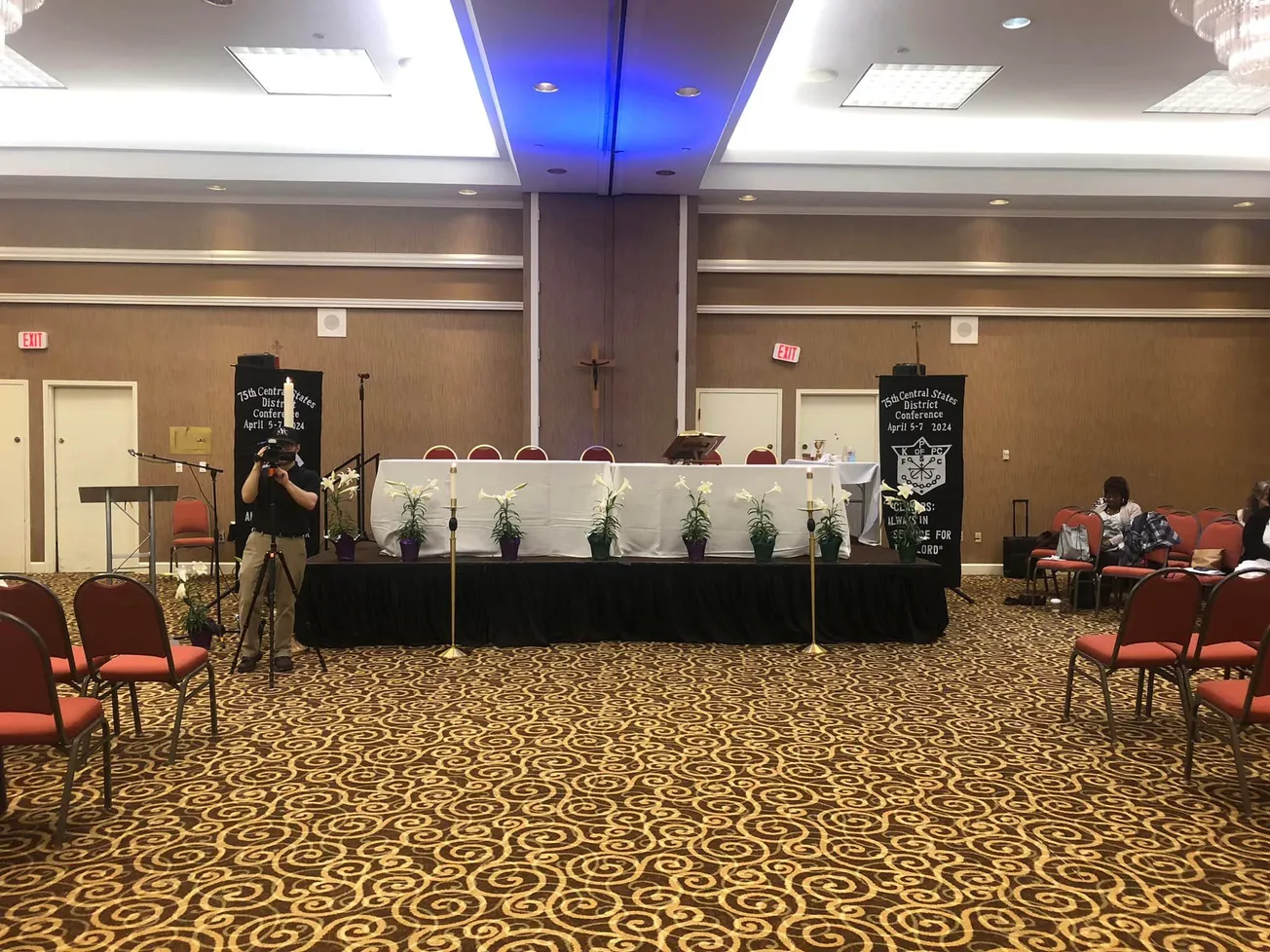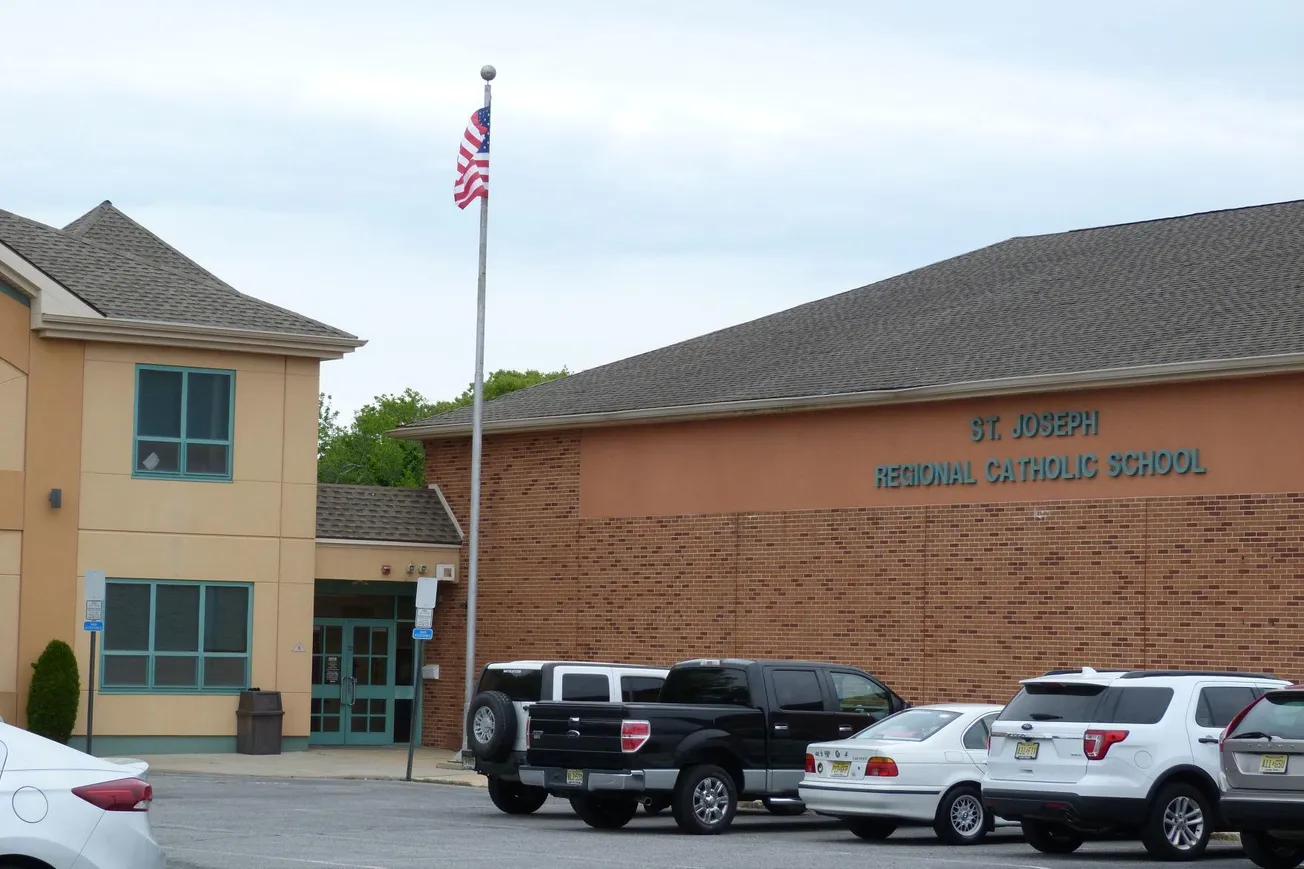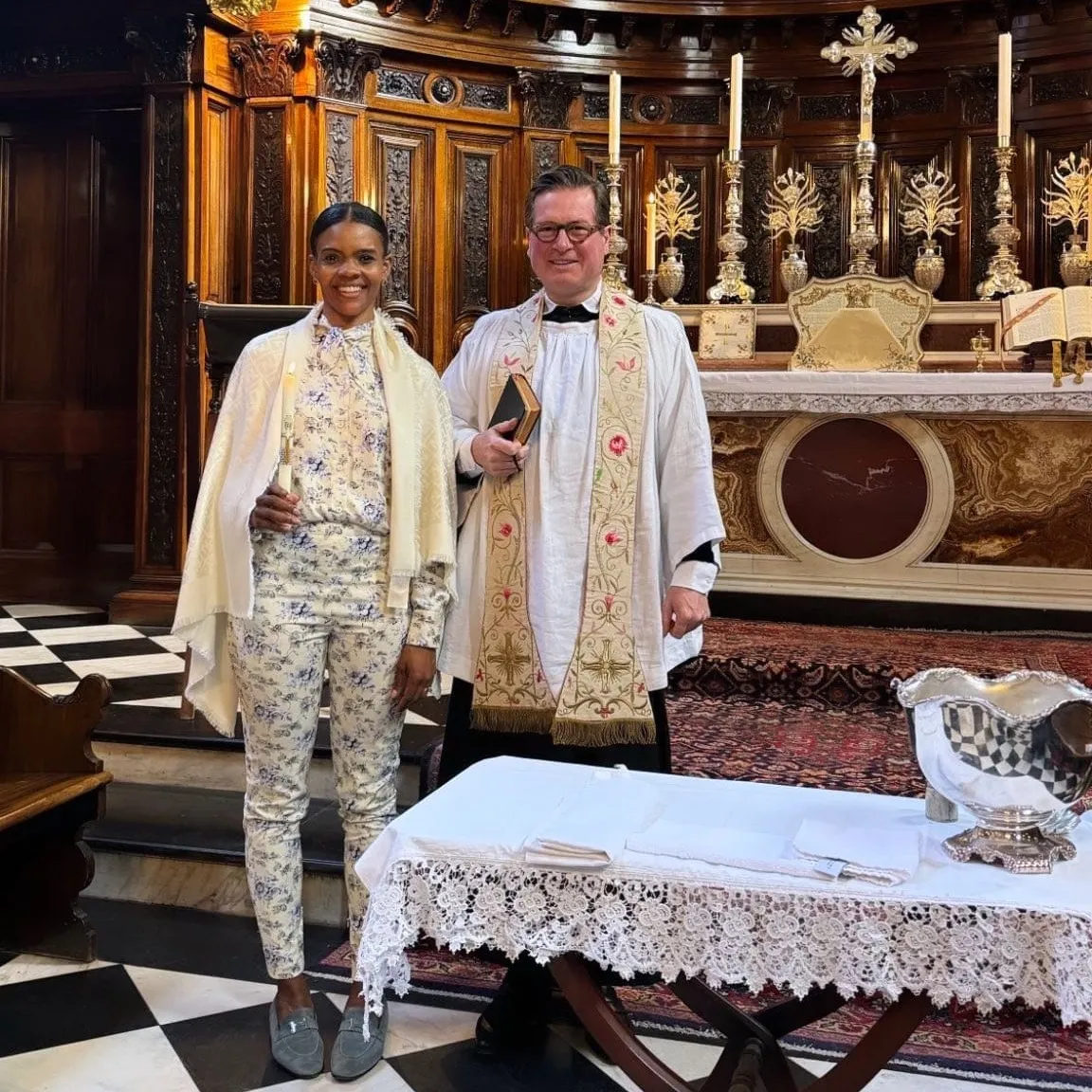The Diocese of Joliet has announced plans to close various churches and schools in Northeast Illinois, including the diocese’s only Black parish—the 138-year-old Sacred Heart Catholic Church.
Bishop Ronald A. Hicks wrote on Jan. 25 that a Targeted Restructuring Committee, whose work began a year ago, recommended the changes after a consultative process involving parish leaders and diocesan officials.
“The Church today is not the same Church it was decades ago. The trend against organized religion is gaining momentum. Attendance at Sunday Masses is down significantly, and Sunday collections are down proportionately,” reads his letter to local Catholics.
“Reducing the number of parishes will enable us to redirect our limited financial resources to ministry, instead of staffing expenses such as payroll and benefits, and putting temporary and costly band-aids on aging buildings.”
Sad news for the Diocese of Joliet. https://t.co/TgYaVOdH7K
— Patrick Kinnane (@PatKinnane) January 26, 2024
Sacred Heart, established by European Americans in 1886, became a predominantly Black parish following 20th-century demographic changes in the neighborhood, located just east of the Des Plaines River and south of downtown Joliet.
The community is to be merged, along with three others in the Joliet Deanery, into a parish with two worship sites—one of them being St. Patrick Catholic Church, a significantly Hispanic parish located across the river from Sacred Heart.
Parishioners have expressed dismay at the diocese’s decision, which came after just a few months of direct consultation with the community, according to advocates who spoke with Black Catholic Messenger. The diocese’s public announcement of the closure came with the assurance that Sacred Heart’s African-American ministry will continue under the new structure.
“They told us it’s not the community that’s closing. It’s just the building,” said Jeanette Hamilton, Sacred Heart’s parish council president and a lifelong member of some 75 years.
“We pretty much knew because of our smaller population and because of our older building that we would probably be one [to close], but we had hopes though that maybe we would be considered as a mission or something like that.”
As it is, the new parish structure, to go into effect on July 1, will include a mission church—St. Joseph’s in Rockdale, a Traditional Latin Mass community staffed by the Priestly Fraternity of St. Peter.
“I don’t know that [diocesan leaders] feel they need us anymore,” Hamilton said, speaking of bygone efforts in Joliet and elsewhere to recruit African Americans to join and remain in the Catholic Church.
“I don't see the interest in us.”
Jennifer Johnson, another longtime parishioner, spoke of the Diocese of Joliet’s recent establishment of a Hispanic ministry, and a general commitment to newer ethnic groups in the region. She says she hasn’t seen the same commitment to Black Catholics.
“They didn't establish an African-American ministry,” she noted.
When announcing the new closures, the Diocese of Joliet noted churches “in need of significant repairs, largely due to prolonged deferred maintenance,” a common theme seen among jurisdictions looking to ease financial pressures. Also at issue is the clergy child sex abuse crisis, which occasioned payouts in the millions from dioceses around the country, including in Illinois and Joliet.
Hamilton and Johnson said Sacred Heart was not in debt, however, and though it has a rectory in need of “a lot of work,” it is currently vacant. They believe that the diocese was looking ahead to future financial strains that would affect a parish with low attendance and financial resources.
Asked to what extent abuse settlements played a part in the Joliet Diocese’s decision to close parishes and schools, a diocesan representative said the connection was all but nonexistent.
“The nexus between clergy sex abuse cases and the restructuring of the Joliet Diocese is a false narrative created by an uninformed Chicago-area reporter,” said attorney Maureen A. Harton, apparently referring to Robert Herguth, a Chicago Sun-Times reporter who wrote an article on the closures and the chancery’s tight lips with abuse settlement figures.
“It has no basis in fact,” she added, though declining to detail the impact of settlements on the diocese’s finances generally. (The diocese’s restructuring FAQ posted on its website does not mention the topic.)
In the official closure decree, Bishop Hicks wrote that the main factors in the restructuring were a decline in the Catholic population of the diocese, including a decrease of more than 20% since 2010. This is said to have resulted in fewer priests, seminarians, sacraments celebrated, and active parishioners.
At Sacred Heart, these changes have been felt in combination with the outsize attrition rate of African-American Catholics, whose youth often cease active Catholic practice upon reaching adulthood. Parishioners say the lack of volunteers and donors at the parish has taken a toll.
“You’ve got to have bodies or you can’t operate the church,” Hamilton said.
“The Holy Spirit is there, but he ain’t lifting any garbage cans.”
Delor Adams, another parishioner, says she believes the Sacred Heart community has to be preserved for the sake of the Black Catholic presence in the diocese, including its expression of unique culture and liturgy.
“Where are we supposed to go to feel like we belong? Where do we go to hear our choir sing our kind of music? Where are we supposed to fit in?” she said, adding her concern that the closure is ultimately a money grab.
“I believe racism has its ugly hand in [the decision] to close Sacred Heart. I feel that someone wants the land and every area the church sits on for some hidden reason.”
According to the diocese, the coming months will bring further consultation among Sacred Heart parishioners and the other parishes involved in the Joliet Deanery merger. Transition teams will be chosen by the church’s respective pastors, and a new name for the merged group will be determined at a later date.
Regardless of the outcome, it’s clear that a ground shift is imminent in the Joliet Diocese—perhaps especially for Black Catholics.
On Feb. 2, Sacred Heart posted on its Facebook page a clip from a recent Gospel Mass, with a message meant to comfort parishioners.
“Wherever we land, we, with our Sacred Heart Spirit and love of community, will land effortlessly due to the Spirit of Jesus Christ guiding us as we continue to praise the Lord,” they wrote, adding a reference to the Donnie Harper tune being played in the four-minute clip.
“As the song says, ‘I Will Sing Hallelujah, Oh Lord.’”
Nate Tinner-Williams is co-founder and editor of Black Catholic Messenger.


